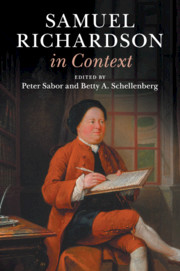Forthcoming from Hart Publishing:
Barbara Lauriat, Intellectual Property and Victorian Inquiry: The Royal Commissions on Patent and Copyright (October, 2018). Here from the publisher's website is a description of the book's content.

This monograph examines the Royal Commissions on Patent (1864) and Copyright (1878) by exploring the people, procedures, and politics behind these in-depth inquiries into intellectual property reform of the latter half of the nineteenth century, and by placing them within their historical and ideological context. In examining copyright and patent law from the ground up, commission members were necessarily forced to grapple with fundamental questions about the nature of property itself. Commissioners' views on the nature and purpose of copyright and patent influenced their views on how far the rights should extend-in time, geography, and scope. Close analysis of the Commissions provides insight into our own debates about the nature of intellectual property and provide a model for future attempts at law reform. The book is a contribution to the history not only of intellectual property law but also of royal commissions in the nineteenth century. The author gives a well-rounded picture of developments in thought about intellectual property as a whole in the period, which are still critical in the way we understand and approach the subject today.








